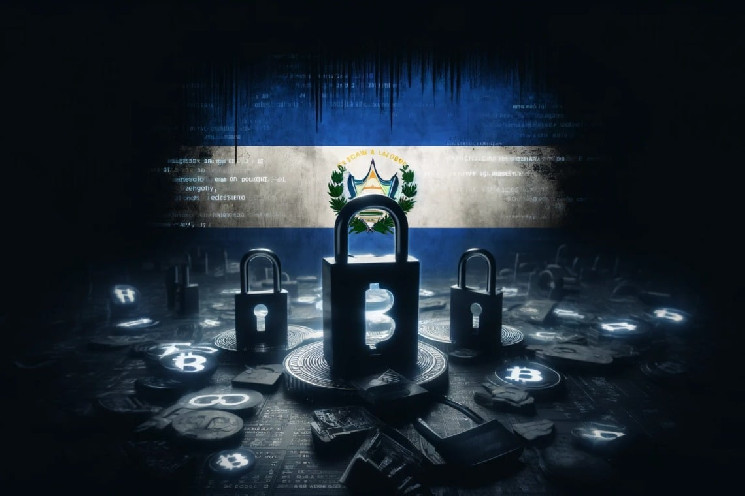El Salvador has made global headlines for its innovative initiatives in the field of cryptocurrencies, particularly for the use of geothermal volcanic energy in Bitcoin mining.
This small Central American nation has accumulated a total of 5,750 Bitcoin, worth 354 million dollars, over a period of three years.
Among these, 474 Bitcoins, worth about 29 million dollars, have been mined using volcanic geothermal energy since 2021.
Summary
The context of Bitcoin mining in El Salvador
In September 2021, El Salvador became the first country in the world to adopt Bitcoin as legal tender, alongside the US dollar. This historic step was part of a broader strategy to promote financial inclusion, attract foreign investments, and reduce remittance costs. However, the implementation of Bitcoin as legal tender has sparked numerous debates and controversies at both national and international levels.
El Salvador is located in an active volcanic region, which gives it a significant potential for geothermal energy production. The Tecapa volcano, in particular, has been used to power Bitcoin mining operations.
The state power plant has produced 102 megawatts (MW) of energy, of which 1.5 MW were specifically allocated to cryptocurrency mining. This facility uses around 300 mining processors to extract Bitcoin, a process known for its high energy consumption.
Bitcoin mining is a process that involves solving complex mathematical problems to verify transactions on the Bitcoin network. This requires a large amount of computing power and, consequently, a significant amount of energy.
By using geothermal energy, El Salvador has managed to make the mining process more sustainable and environmentally friendly, reducing dependence on non-renewable energy sources.
The use of geothermal energy for Bitcoin mining has several advantages. First of all, it reduces operating costs, as geothermal energy is generally less expensive than conventional energy sources. Furthermore, geothermal energy is a renewable and clean energy source, which helps to reduce the environmental impact associated with cryptocurrency mining.
Challenges and Controversies
In a global context where climate change is a growing concern, El Salvador’s approach represents a positive example of how emerging technologies can be integrated with sustainable solutions. This model could be replicated in other regions with similar geothermal resources, promoting a greener cryptocurrency mining industry.
Despite the benefits, El Salvador’s initiative is not without challenges. The adoption of Bitcoin as legal tender has been met with skepticism by international financial institutions, such as the International Monetary Fund (IMF), which has expressed concerns about economic stability and the risks associated with cryptocurrencies.
Furthermore, there have also been internal disorders, with a part of the population protesting against the adoption of Bitcoin, citing concerns about the volatility of the cryptocurrency and the lack of adequate infrastructure for its widespread use.
Despite the controversies, the Salvadoran government, led by President Nayib Bukele, remains firm in its commitment to Bitcoin. The extraction of 474 Bitcoin using volcanic energy is just an initial step in a broader strategy to leverage the country’s natural resources for economic growth and technological innovation.
The government is also exploring further uses of geothermal energy for other technological and industrial projects, aiming to transform El Salvador into a hub for innovation and technology in Latin America.
Conclusion
The initiative of El Salvador to use volcanic geothermal energy for Bitcoin mining represents a significant breakthrough in the global cryptocurrency landscape. Although not without challenges, this strategy demonstrates how natural resources and emerging technologies can be integrated to promote sustainable economic development.
With its pioneering approach, El Salvador is charting a new course that could be followed by other countries looking for innovative and sustainable solutions in the world of cryptocurrencies.
 en.cryptonomist.ch
en.cryptonomist.ch
